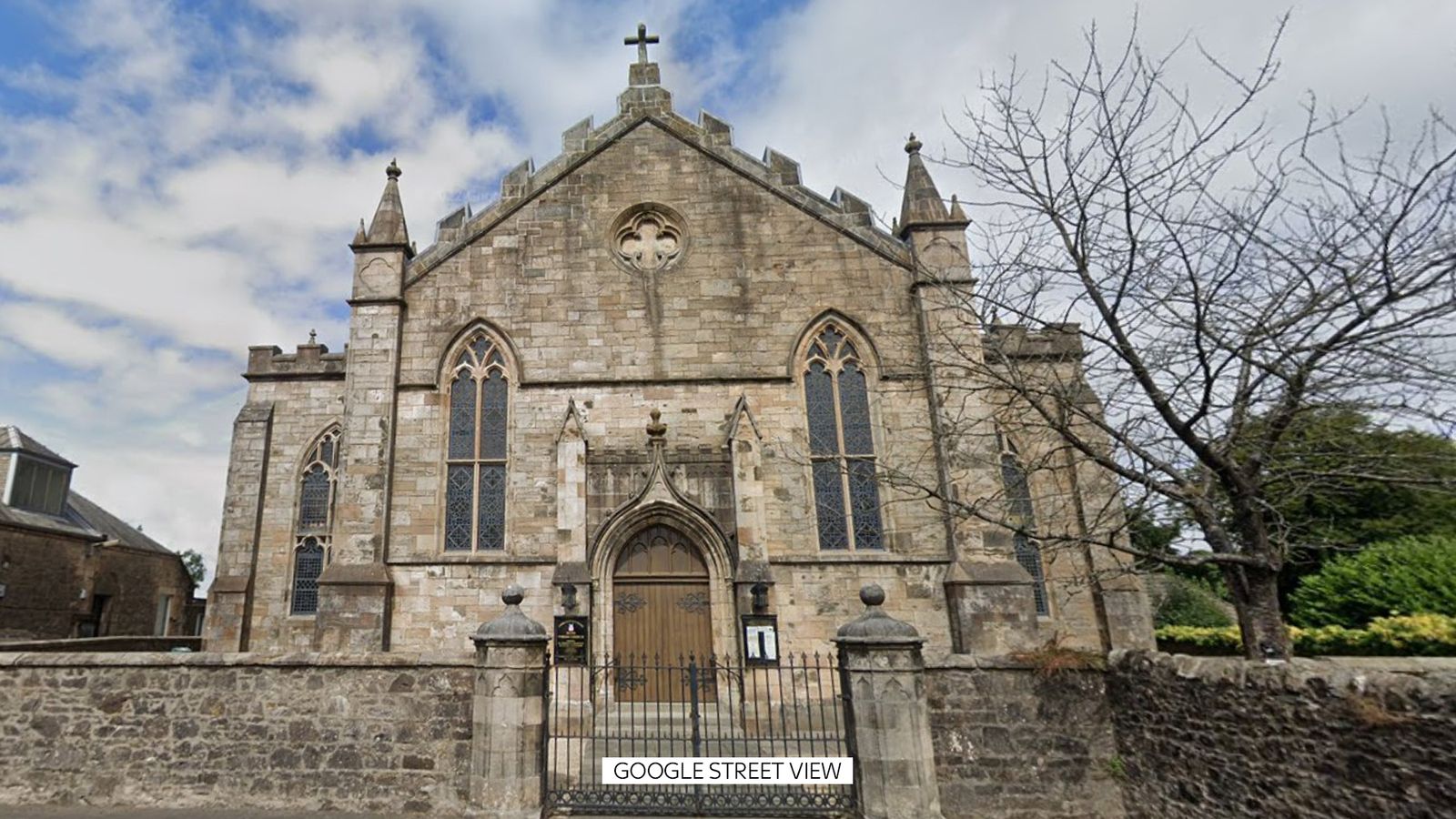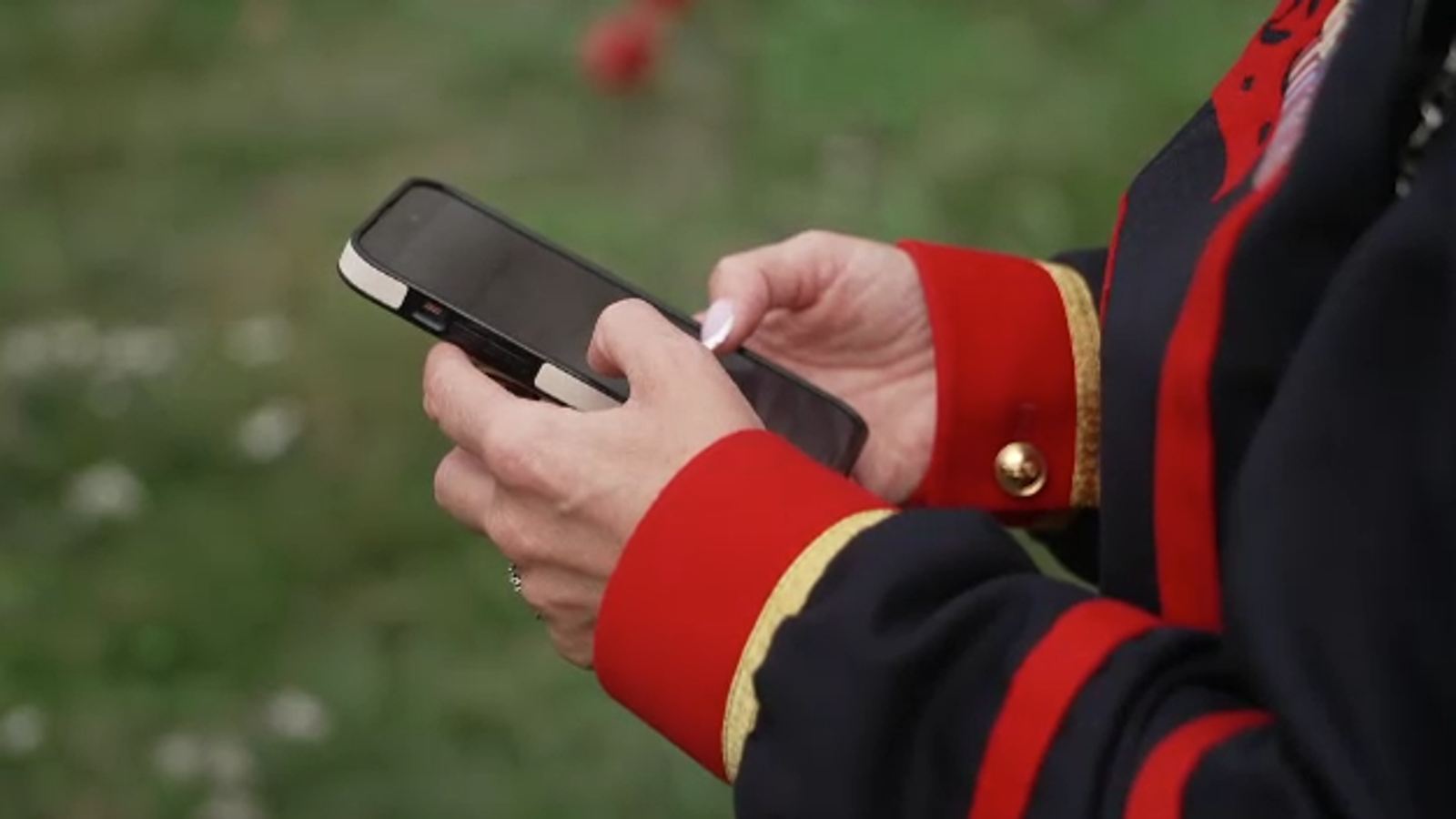A church bell that chimed every hour for 200 years has been silenced following a single noise complaint.
The 24-hour ringing at Beith Parish Church in North Ayrshire has been stopped after a resident complained to the council’s environmental health department that their sleep was being disturbed.
The Church of Scotland has now stopped the bell between 11pm and 7am after North Ayrshire Council suggested halting the ringing overnight.
A local petition has since been launched to restore the chime in the clock tower.
However, the Church of Scotland said its members were “empathetic” and recognised how “low frequency noise can be disturbing for some”.
The issue was said to have been discussed at two separate Kirk Session meetings and advice was sought from the environmental health department before an official complaint was lodged with the council.
A Church of Scotland spokesperson said: “Embracing the bible teaching ‘love thy neighbour as thyself’, the Kirk Session took environmental health’s suggestion on board and the clock bell has not sounded between 11pm and 7am since 11 October.
“The bell continues to chime on the hour between 8am and 10pm, seven days a week.”
Beith Parish Church opened for service in August 1810.
The church bell was given to the church by Robert Shedden, who lived in London but was a native of Beith, in 1823.
The complaint was reportedly made by a new resident.
Read more from Sky News:
Single noise complaint silences some cruise ship horns
A petition has been launched to restore the 24-hour chime and has collected almost 1,000 signatures.
Organiser Bryan McWilliams said the chiming clock is “more than just a timekeeper”.
He explained: “It serves as an audible connection to our history and heritage and has been chiming for 200 years.”
The long-time resident believes the loss of the bell has “disrupted” the town’s sense of community and identity.
He added: “Many townsfolk have shared stories about how they’ve relied on these chimes throughout their lives – from knowing when it was time to head home as children playing in the streets, to relying on them during power outages.
“We understand that everyone’s comfort is important. However, we believe that one person’s discomfort should not outweigh a tradition loved by many and ingrained in our community for generations.”










